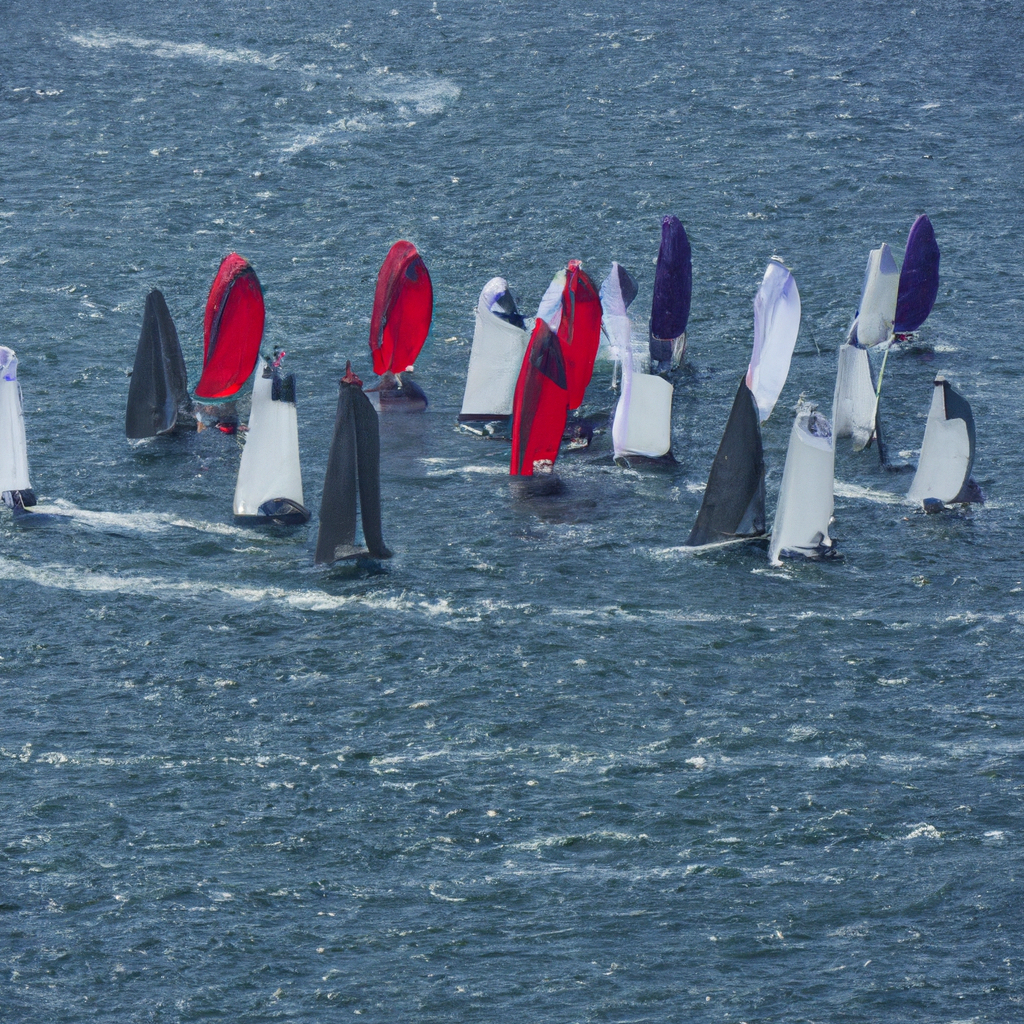Navigating the World of Nautical Events and Competitions: A Look at Local and International Regattas

In the vast and exciting world of water sports, there is a rich variety of events and competitions that attract both professionals and enthusiasts from around the world. From local regattas to top-level international competitions, these activities provide an exciting combination of physical challenge, tactical skill and natural beauty. In this article, we will delve into the diversity of local water sports events, explore the global landscape of international competitions, analyze their importance and impact on communities and the economy, and finally, provide tips and advice for those who are interested in immersing themselves in this fascinating sport. Whether you are an experienced sailor or simply love the thrill of competition, there is a place for you in the world of water sports.
- 1. "Exploring the variety of local nautical events"
- 2. "International nautical competitions: a global overview"
- 3. "The importance and impact of nautical competitions"
- 4. "Preparing to participate in nautical events: tips and recommendations."
1. "Exploring the variety of local nautical events"
The variety of local nautical events is as wide and diverse as the waters on which they take place. From sailboat regattas on calm inland lakes to thrilling powerboat races on the choppy ocean waves, local nautical events attract both participants and spectators alike. Some competitions, such as rowing and canoeing races, require great skill and physical endurance, while others, such as sport fishing competitions, focus more on patience and precision. In addition, there are special events, such as wooden boat festivals or illuminated boat parades, which celebrate the rich maritime heritage and beauty of the nautical world. Not to mention sailing, surfing and windsurfing competitions, which are a true test of skill and mastery of the elements. Together, these events reflect the wide variety of activities that can be enjoyed on and around the water.
2. "International nautical competitions: a global overview"
International sailing competitions represent a global stage where the world's best talents in various maritime disciplines congregate. These events, which include the America's Cup, the Volvo Ocean Race, and the various International Motorboat Federation competitions, among others, are the pinnacle of nautical sport, attracting competitors and spectators from around the world. Competing athletes, whether in sailing, powerboating, rowing, canoeing or any other nautical discipline, face not only their adversaries, but also the elements of the sea, in a test of skill, endurance and strategy. These events not only foster competitive spirit and international camaraderie, but also promote awareness of marine conservation and boating safety.
3. "The importance and impact of nautical competitions"
Sailing competitions are much more than just a sport, they represent an important economic driver and community builder at both local and international levels. These events attract large numbers of spectators and participants, generating a significant revenue stream through tourism, registrations and sponsorships. In addition, sailing competitions also play a vital role in promoting and developing water sports, inspiring new generations to participate and learn nautical skills. At an international level, these competitions strengthen ties between nations and promote a sense of camaraderie and mutual respect between competitors. In short, sailing competitions have a significant impact on the economy, sporting culture and international relations.
4. "Preparing to participate in nautical events: tips and recommendations."
Preparing to take part in nautical events can be an exciting but challenging process, requiring meticulous planning and training. Firstly, it is essential to know and understand the rules of the event, as each competition can have its own unique specifications. It is also crucial to maintain optimal physical fitness, as nautical competitions are often physically demanding. Also, familiarising yourself with the type of water the event will be held on (sea, lake, river) can be a great help in anticipating possible conditions. Last but not least, make sure you have the right equipment and know how to operate it thoroughly. Remember that safety comes first, so it is essential to carry out regular equipment checks and always wear the necessary safety equipment.
